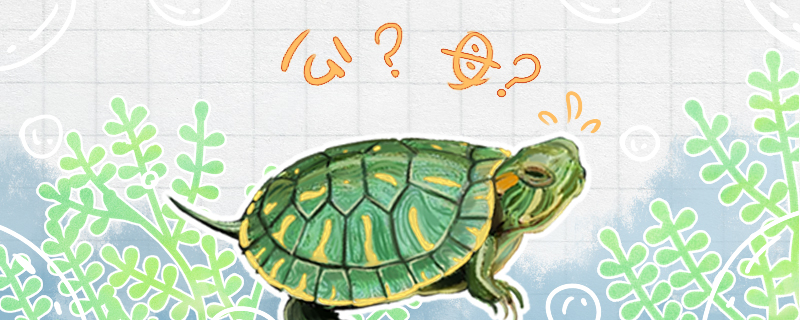
When breeding Brazilian tortoises, sometimes it is necessary to distinguish between their male and female. Brazilian turtles are distinguished in different ways at different ages.
1. Juvenile tortoise stage: It is difficult to distinguish when the Brazilian tortoise is not yet adult. Generally speaking, it can only be distinguished by their appearance characteristics. The first is their tortoiseshell. The carapace of the male tortoise appears to be relatively long and narrow, while the plastron has a concave part; But the female's carapace is wider and shorter, and their plastron is not sunken. Another is their tail, the tail of the male tortoise is relatively short, the tail of the female tortoise is relatively long. You can also see the location of their cloaca, the cloaca of male turtles is closer to the plastron, while the cloaca of female turtles is farther from the plastron.
2. Adult stage: After the Brazilian turtle reaches adulthood, it is easier to distinguish. In addition to appearance, it can also be distinguished from weight and color. First of all, their weight is different in adulthood, the weight of male turtles is generally not more than 1 kg, but the weight of female turtles will be 2-4 kg. Another is their color, the male tortoise in the adult body color will become black; But the female remains the same or turns a lighter brown as an adult.
The male and female Brazilian turtles can be raised together. Generally speaking, they will not conflict, except in the case of uneven food. Therefore, if we want to mix culture, we need to provide sufficient space and food.